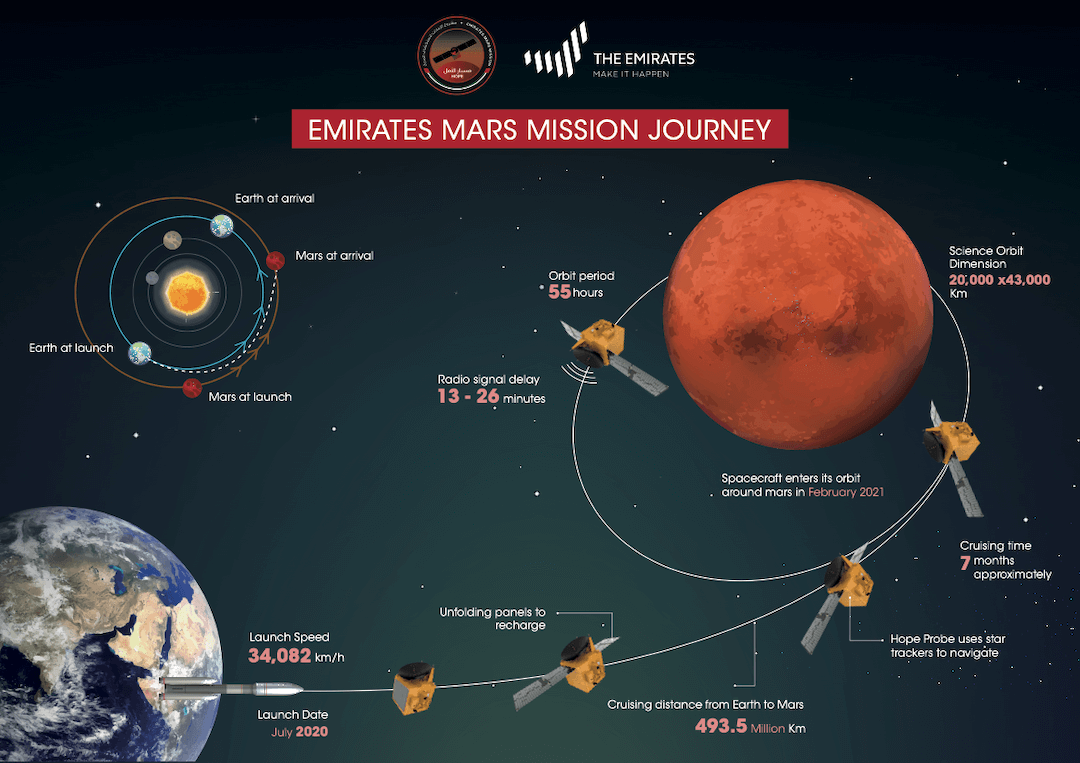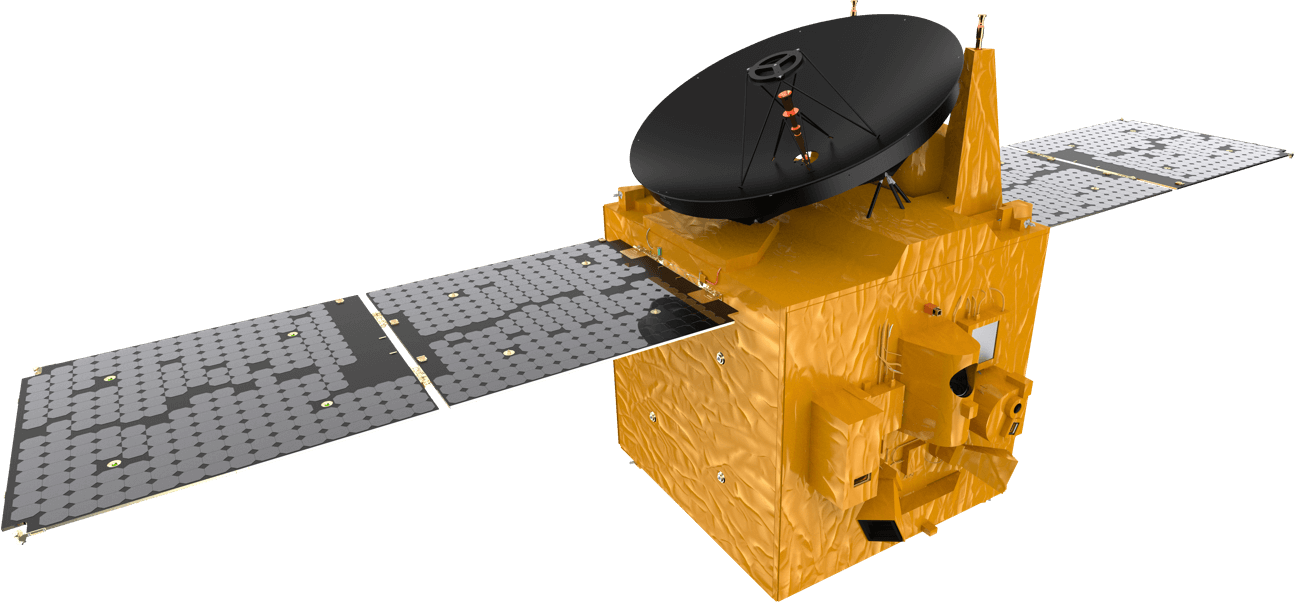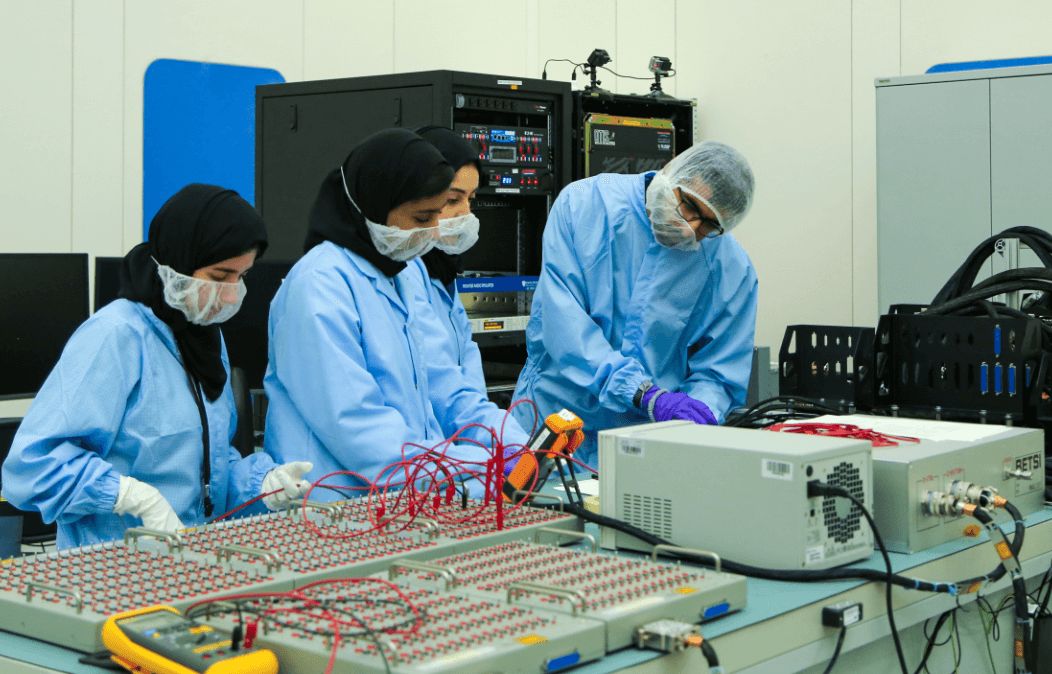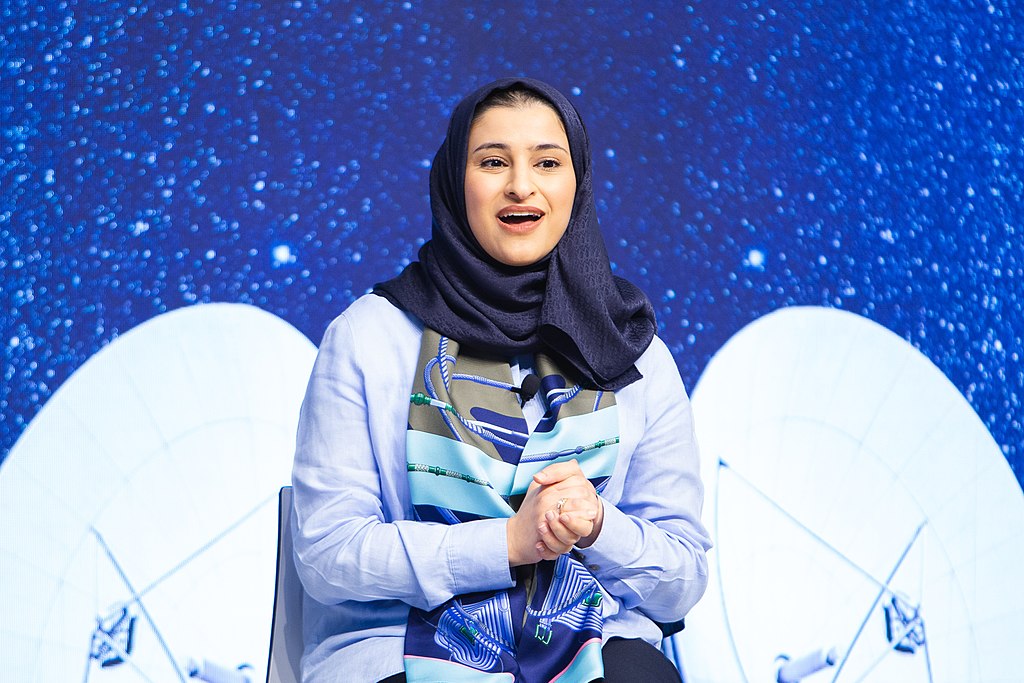The United Arab Emirates (UAE) has launched the first mission to Mars by an Arab country. After several delays caused by bad weather, the probe, named “Hope”, was successfully launched early Monday morning.
Shortly before 7 am (in Japan), a Japanese rocket carrying the UAE probe blasted off from Tanegashima Space Center in southern Japan. The rocket remained on course after its first booster stage separated. Booster rockets push the main spacecraft up, falling back to earth when their fuel is gone.
😕
This image has not been loaded because of your cookie choices. To view the content, you can accept 'Non-necessary' cookies.
The United Arab Emirates has launched the first mission to Mars by an Arab country. After several delays caused by bad weather, the probe, named “Hope”, was successfully launched early Monday morning.
The probe is expected to reach the Red Planet in February, 2021. For the next two years, it will orbit Mars. The probe has several devices which will allow it to study the planet’s upper atmosphere. The UAE says Hope will be the first mission to provide details about Mars’s atmosphere through all Martian seasons.

(Source: Emirates Mars Mission.)
Monday’s launch was one of three Mars missions scheduled during the next couple of weeks. China plans to launch a complicated mission named Tianwen-1 on July 23. The US space agency NASA is scheduled to launch a new Mars rover named Perseverance on July 30.
All of these trips are starting at roughly the same time because right now is the best time to travel between Earth and Mars, using as little fuel as possible. Another chance like this won’t come for more than two years.

(Source: Mohammed bin Rashid Space Centre.)
The launch of the Hope probe – known as “Al-Amal” in Arabic – is a huge step for a small country like the UAE. The UAE only became independent of the United Kingdom in 1971 – less than 50 years ago.
The country’s space agency was started in 2014. Before that, the UAE had only launched a few satellites. In September of last year, the country sent its first astronaut to the International Space Station.
😕
This image has not been loaded because of your cookie choices. To view the content, you can accept 'Non-necessary' cookies.
The UAE’s space agency was only started in 2014. Above, team members at the Mohammed Bin Rashid Space Center in Dubai prepare for the launch.
One of the goals of the Hope mission is to inspire younger Arabs, especially those in the UAE. The country grew rich off of oil and gas, but it’s now looking for other ways of bringing money into the country that will be more secure in the future.
That’s one reason it’s encouraging young people to focus on science and technology. The efforts seem to be working. Most of the scientists and engineers who worked on the Mars mission are under 35.

(Source: Emirates Mars Mission.)
The UAE’s Hope mission is striking in another way, too. While just 28% of workers in the UAE are female, women are playing a large role in the UAE’s science program. Women make up around 34% of all of the Hope mission’s workers, and 80% of its science team.
Sarah al-Amiri is a 33-year-old woman who leads the science for the Hope mission. She is also the country’s Minister of State for Advanced Sciences and heads the country’s Science Council.

(Source: Sikarin Fon Thanachaiary – Foundations World Economic Forum [CC BY], via Wikimedia Commons.)
A US space expert who worked with the UAE team says it’s “incredible” that the country has gone from launching satellites to a Mars mission in just six years.
“It’s not about reaching Mars,” says Omran Sharaf, the manager of the Hope mission. “For the Emirates, it’s more about the journey.”
Did You Know…?
The UAE has big plans beyond their current mission. By 2117, the country hopes to have developed a settlement for people to live on Mars.
